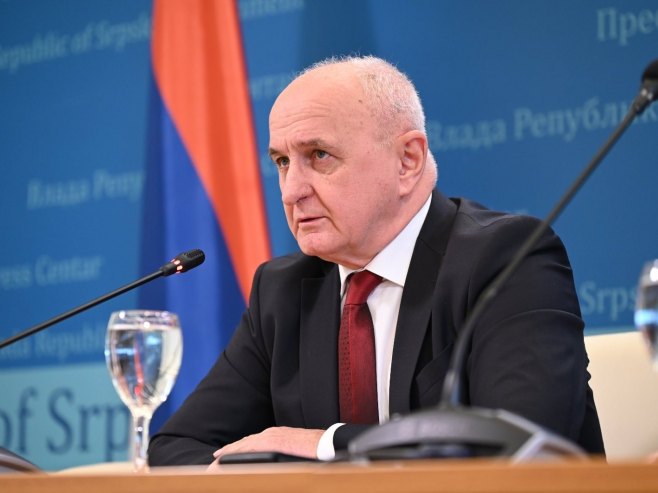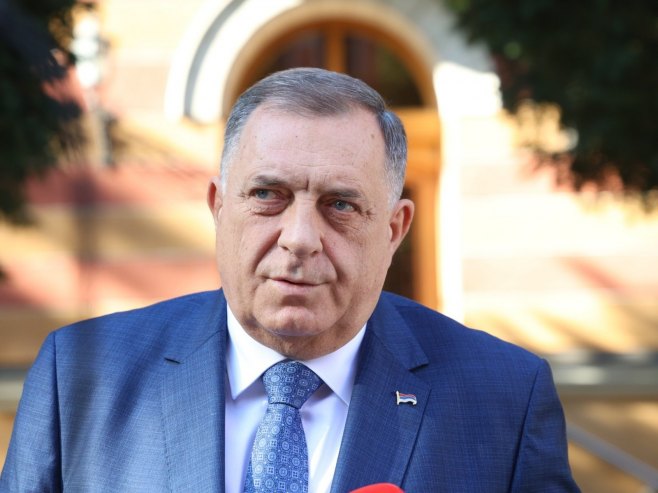Israel has never accepted the crime in Srebrenica being called genocide, states Yahel Vilan, the Israeli ambassador to Serbia. He adds that significant and important authorities and historians such as Efraim Zuroff, Yehuda Bauer, or Gideon Greif should be trusted on this matter. According to Vilan’s opinion, using the term genocide in the case of Srebrenica is incorrect and gives a distorted view of the event.
“I’m not saying that the Holocaust is the only genocide; there have been other genocides around the world. However, when you call Srebrenica a genocide, in my opinion, it diminishes the importance of that term which should, I believe, be used only for genocides. Look, Israel is also called to The Hague for alleged genocide in Gaza. For me, Srebrenica should not be called genocide,” Vilan said in an exclusive interview with Sputnik.
Issues like Srebrenica should not be political
He notes that he does not know how the vote on the proposal for a resolution on Srebrenica will go, which was, as a reminder, independently proposed by the head of the BiH mission to the UN, Zlatko Lagumdžija, without a decision from the Presidency of BiH. However, as he says, Israel is a country that has suffered the most from the UN and understands what is happening.
“It’s not about historical facts or moral aspects, it’s about politics. Everything in the UN is politics and only politics, and there are standards for one country and different standards for other countries. And, unfortunately, we suffer most of the time from such a formula by which the UN operates. Maybe Serbia will suffer from the same UN policy, but in my opinion, such issues should be resolved on a moral and legal level, not mixed with politics,” Vilan emphasizes. Once issues like Srebrenica enter into politics, it is not good for historical or even moral facts, he adds.
No one asks what the resolution would bring to Bosnia and Herzegovina
Vilan, as he says, does not understand how it is possible that many European countries have recognized the crime in Srebrenica as genocide. “I believe that countries should ask themselves, especially when they come to the UN, which are more politically motivated than they are committed to historical truth, what such a decision will bring to the region, to Bosnia and Herzegovina, how it will affect the stability of that state – positively or negatively. Unfortunately, I don’t think the resolution carries any positive message or idea that the state should remain united,” he concludes.
Source: Pravda









